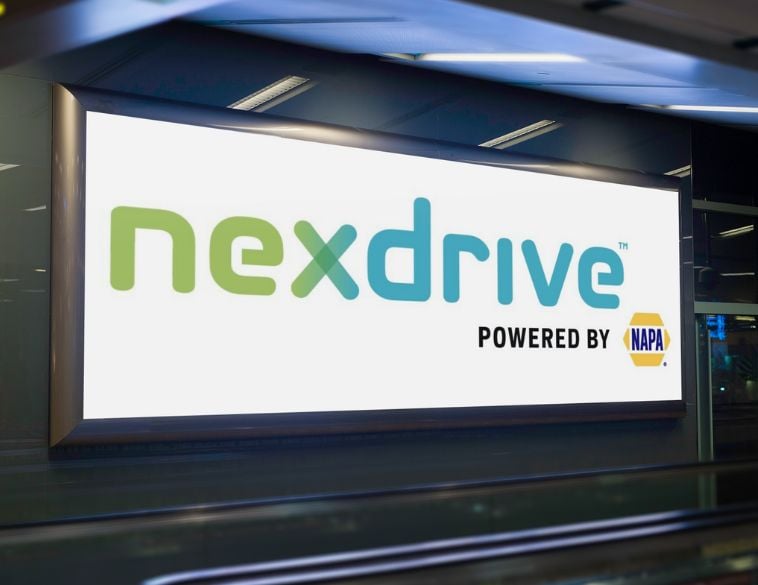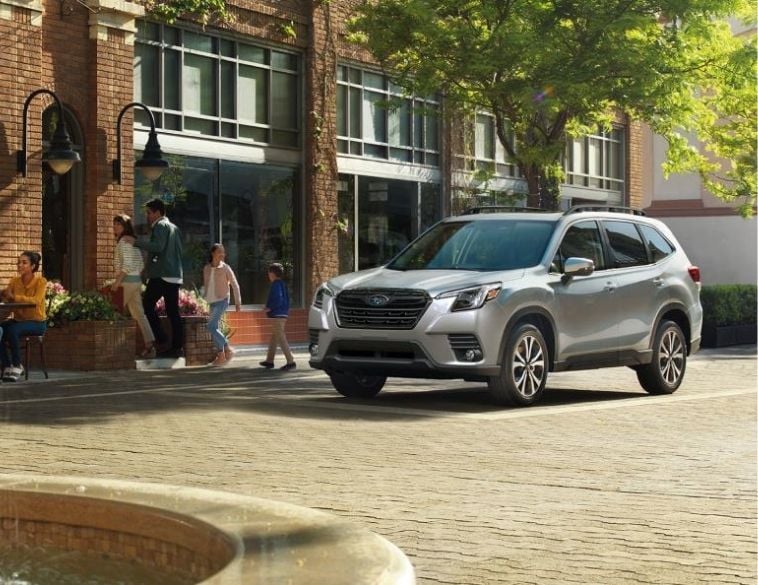Are you making the most of your CRM?
What has your CRM done for you lately? Or perhaps, a better question might be, what have you done for your CRM? Your CRM can only help your team if you’ve programmed it to do so. For starters, how is it talking to your DMS? These systems need to be talking to each other back and forth. Think of your DMS like a tree, and your CRM like all its branches, with the leaves taking in water and feeding the tree.
If you’re implementing a new CRM, you may want to talk to your DMS provider. Have the rep come in and explain what their offering is. You want to ensure that there’s good integration, that these systems are not working in two separate silos. Also, take into account all the peripheral systems that are reliant on your CRM.
Your next step is your IT department. Advise them of the upcoming change, and have them confirm that the system is compatible with your existing infrastructure. That includes not only desktop computers but the screens around the store. Will they support the new system? Your servers are also part of the picture, as is your Internet speed.
CRM champion
Many dealerships can benefit from having a CRM champion, someone who oversees, customizes and monitors everything. Naturally, these individuals need to be involved in the selection process. You want to make sure all the leads generated by all your lead sources are entered into the CRM. It’s referenced as an ADF or XLM push, which is a coded way of sending information. When it goes from system to system, the coded package gets sent, is opened up, and the information is deciphered and made legible for you and your staff.
The information needs to be transparent. You’re not just seeing leads coming in, but also differentiating them by source. That can include third-party leads, your website leads, and in-store touch-points. These days, there are hundreds of sources, so in order to evaluate your ROI, you want to make sure the source data is programmed into the CRM.
The way in which the information comes in and is presented has to create a positive user experience. Your CRM vendor rep should be either hosting a webinar with you twice a month or coming in to help you optimize your CRM internally and online. Remember, your CRM interface needs to be accessible by desktop and by mobile devices.
Buy-in from staff
When you’re going to launch your CRM, you need to get buy-in from your staff, from the reception who may be your first point of contact, as well as from your PAs, your BDC. Everyone needs to feel comfortable using the product. It has to be presented in the easiest way possible, and be as user-friendly as possible. The system has the ability to be customized for all departments and user needs.
Constant updates are a must—both on the technology side, as well as updates to your internal processes. These changes should be harvested from the industry, learned practices, and the performance rep working alongside management. As an example, the parts manager may want to plan a custom campaign using the CRM, perhaps to deploy an e-blast. The system should have the ability to pull that data, configure the customer-facing email, record, report, unsubscribe and then re-populate from those leads received, to be followed up on.
You want to make it easy for everybody to view the tool, use it, and even improve on it. It works from the top down. As an owner, you’re interested in generating an ROI, so you should be able to retrieve auto reports and notifications to analyze what progress you’re making.
You want your PAs to talk positively about the system that’s in place. You want them to influence others to talk about it. Your champion can be noting who the best users are in sales meetings—who has been able to leverage the tool to generate sales and revenue—and provide success stories on how the system helped both a customer and the store.
Private sales
Finally, your CRM can help you with campaigns—not just for sales, but for service, parts, car care clinics, recalls, and more. Its capabilities should be robust enough to run your own private upgrade sale.
For example, a private sale is a $12,000 to $15,000 multiple day attempt. Although there are many companies that will come in and do that for you, a CRM should be able to choreograph it. Your champion will identify who will be involved, and how they can help. You can identify owners of a particular make/model/model year, and let them know there’s a buyer for their vehicle right now. That means those owners can get into a newer model at the same price—or maybe another model. It gives them an opportunity to upgrade.
You have the competence to put any campaign together yourself, especially with all the resources available in today’s market. Alongside your team and systems, it needs someone to “own” this consistently with a proactive approach. You’re not looking for something that is going to fulfil 70% of your billing business—you want something that’s going to be 120%. That’s exactly what your thought process should be when you’re shopping for a CRM.



